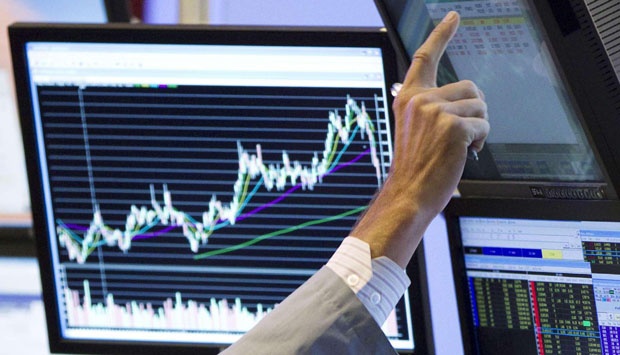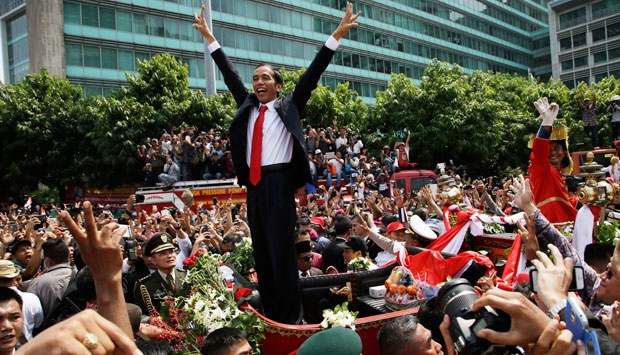ADB:Asian Growth Steady Despite Weak Global Prospects and Brexit
18 July 2016 16:48 WIB

TEMPO.CO, Jakarta - The Asian Development Bank stated in its latest report that growth in Asia and the Pacific's developing economies for 2016 and 2017 will remain solid as firm performances from South Asia, East Asia and Southeast Asia help offset softness from the US economy, and near-term market shocks following the Brexit vote.
In a supplement to its Asian Development Outlook 2016 (ADO 2016) report released on March 2016, ADB forecasted a 5.6 percent growth for the regions developing countries in 2016, slightly lower that its previous 5.7 percent forecast. For 2017, growth prediction remains unchanged at 5.7 percent.
"Although the Brexit vote has affected developing Asia’s currency and stock markets, its impact on the real economy in the short term is expected to be small,” said Shang-Jin Wei ADB's Chief Economist.
Wei however, highlighted that in light of the tepid growth prospects in the major industrial economies, policy makers should remain vigilant and be prepared to respond to external shocks to ensure growth in the region to remain robust.
Growth in 2016 and 2017, the report noted, is led by South Asia, and India in particular, which continues to expand strongly, while the People’s Republic of China (PRC) is on track to meet earlier growth projections.
Meanwhile for Southeast Asia, growth projections for the sub-region in 2016 and 2017 remain unchanged at 4.5 percent and 4.8 percent, respectively.
The report stated that the Indonesian economy grew by 4.9 percent in the first quarter of 2016, supported by stronger private consumption and investment. Low inflationary pressures from stable administrative prices of fuel, liquefied petroleum gas, and electricity tariffs and a stable rupiah supported private consumption. Meanwhile, government consumption grew by 2.9 percent in line with typically-low spending in the first quarter.
Indonesia's private consumption is expected to pick up slightly due to moderate inflation, a relatively stable rupiah, and the April cut in energy prices, while the announced increase in the personal income tax threshold and a 14th-month salary for civil servants will further boost household spending.
ADB has maintained earlier growth forecast for Indonesia at 5.2 percent in 2016 and 5.5 percent in 2017. However, the downside risks remain. A higher than projected revenue shortage would constraint the Government’s infrastructure plans, while continued weakness in credit growth may limit recovery in private investment. The main external risks are weaker than expected global growth and higher global financial market volatility.
MAHINDA ARKYASA























